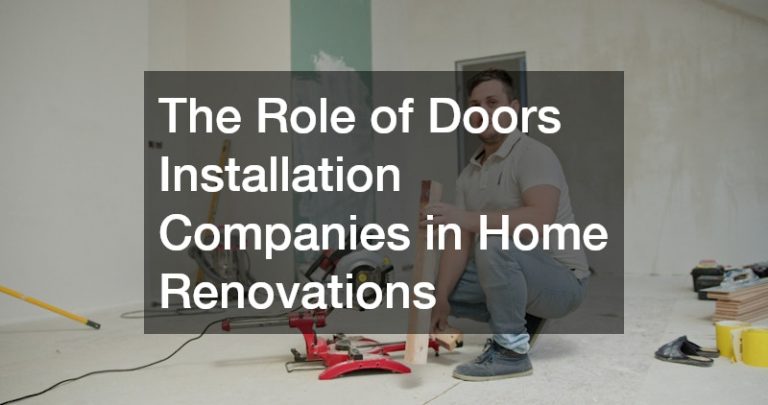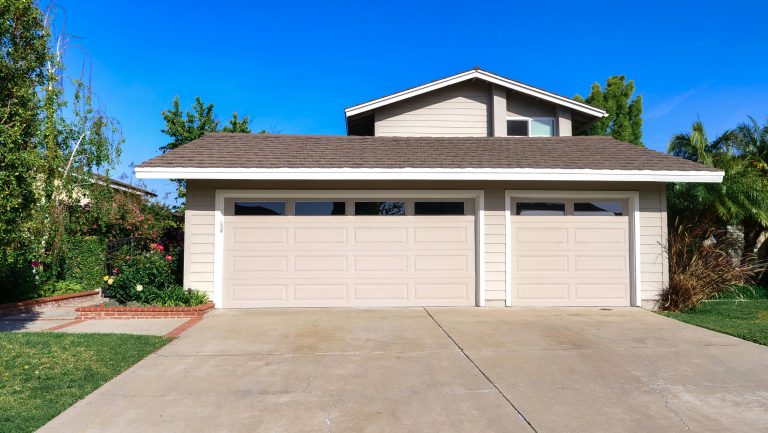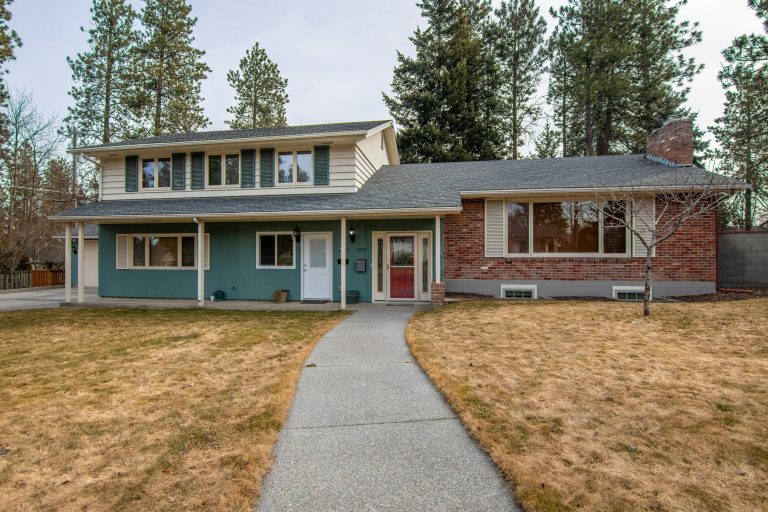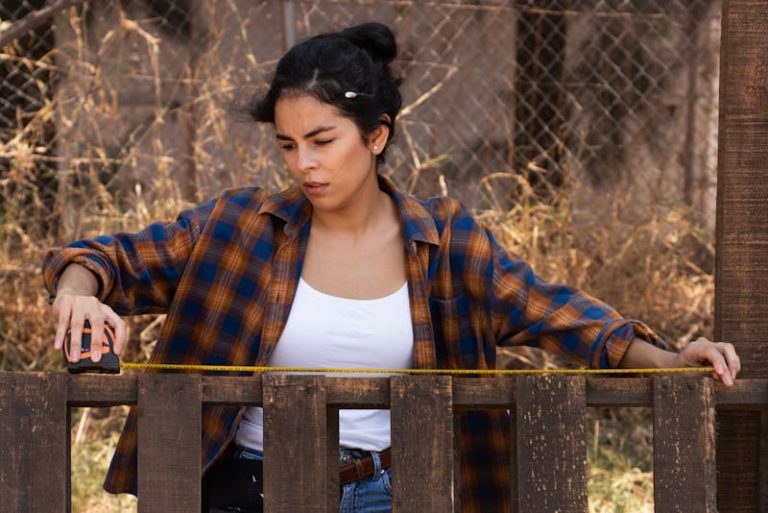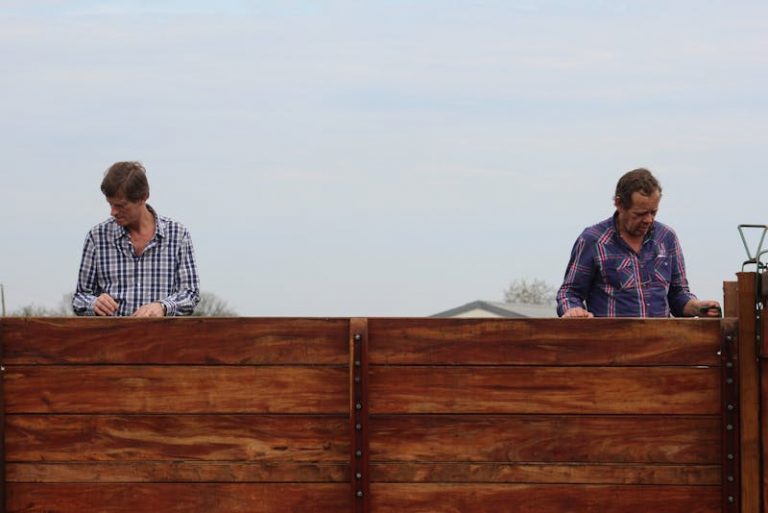
One glove. No socks.
The fire alarms going off 30 minutes before school begins is never a great way to start the day. When you are a substitute teacher, it is even worse. Fortunately, you did have a warm winter coat that you were able to grab before following the teachers and the staff out the door. Because it was so early, not all of the students were in the building so it was a small group standing outside in the eight degree weather. Substitute teaching sometimes has its challenges, but this is the first time in your memory when you have had a fire alarm go off before school. Fortunately, there were many other teachers outside as well and because it was early there were no students who you were in charge of.
This left you to observe the crowd. Only half were in coats as many of the students had already been to their lockers and were at various activities and practices. There was not a lot of wind, but when it is below ten degrees and the ground, even the parking lot, is covered in snow it does not take much of a breeze to make it pretty miserable. One of the students asked a teacher which door they would have to go back in and the quick answer was the closest one where they cold feel the heat escaping. When the fire department gave the all clear and the cold group filed back in and there was indeed an initial wave of heat even before the crowd entered the building.
Furnaces and Entire Heating Systems Get a Work Out During the Winter Months
Although it may seem difficult work for a residential HVAC system to do its job during the coldest months of the year, the fact of the matter is HVAC systems in schools, hospitals, government buildings, and retail spaces are the ones that get the biggest workout. Even with a double set of doors, you can often feel the heat from the building as soon as you get close to the entry. With the use of the latest energy audits and the most reliable spray foam insulation, however, even these spaces can be made more energy efficient.
Both commercial and home efficiency efforts are important if property owners want to have any chance to lower utility bills. During the coldest of months, however, energy efficiency is only one of the concerns. Safety is the other. In fact, some HVAC experts indicate that as many as 75% of no-heat calls in the winter are related to a lack of maintenance. at the very least, efficient HVAC systems require maintenance inspections twice a year, and there are often other monthly tasks like changing furnace filters that allow you to keep spaces both safe and comfortable.
Even the most efficient systems, though, will not help you if you should have to run outside unexpectedly, so it is a good idea to dress warmly as well. Short story: socks and gloves are a must!


